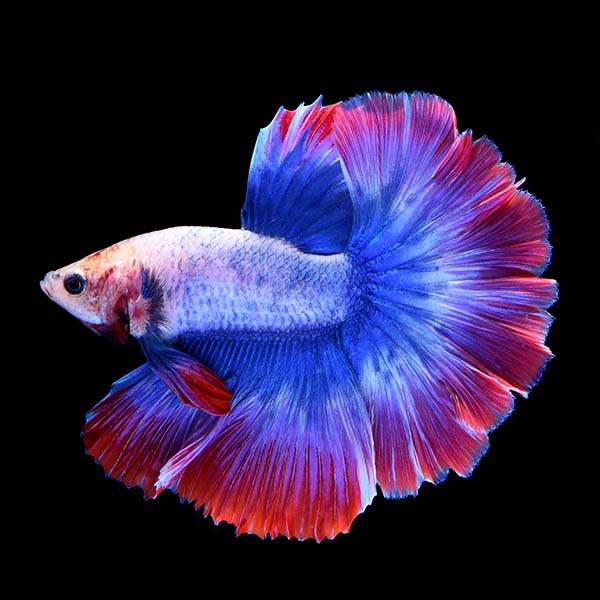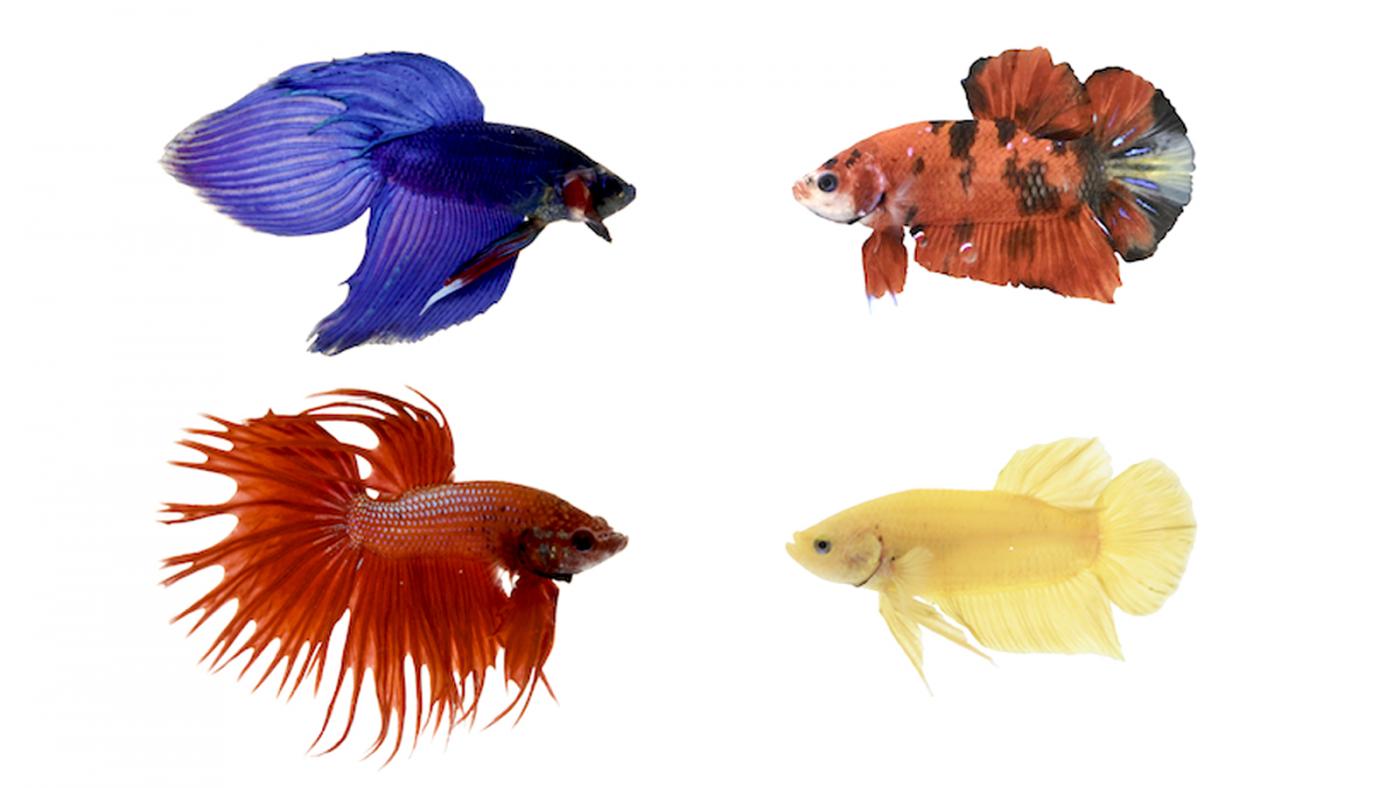The Ultimate Betta Fish Treatment Overview for New Family Pet Owners
The Ultimate Betta Fish Treatment Overview for New Family Pet Owners
Blog Article
The Ultimate Overview to Betta Fish Treatment: Vital Tips for Keeping a Healthy And Balanced and Thriving Aquarium Environment
Reliable Betta fish treatment demands an extensive understanding of their special ecological and physical requirements. Establishing a suitable fish tank starts with picking the right container dimension and making certain optimum water problems, which are vital for the wellness and wellness of your Betta. Recognizing correct feeding practices and creating a helpful habitat can considerably affect your fish's vitality and behavior. As you take into consideration these fundamental aspects, it becomes clear that keeping a prospering aquarium environment calls for interest to detail and recurring dedication. What particular strategies will you implement to boost your Betta's lifestyle?
Selecting the Right Tank
Choosing the ideal tank for your Betta fish is vital to ensuring its health and wellness and health. Bettas thrive in atmospheres that mimic their all-natural environments, which generally include calmness, cozy waters. A tank size of at the very least five gallons is suggested to supply adequate swimming area, as smaller sized containers can lead to anxiety and health and wellness concerns for these vibrant fish.
When selecting a tank, consider the tank's form and filtering system. Furthermore, a reliable purification system is crucial to keep water high quality and lessen the frequency of water modifications.
Temperature law is an additional crucial element; Bettas prefer water temperature levels in between 76 ° F and 82 ° F. Purchasing an excellent heating system will make sure that the water remains within this range, advertising a healthy and balanced and active lifestyle for your Betta. Last but not least, supplying suitable tank decors and concealing spots will aid minimize tension and encourage natural actions, better boosting your Betta's well-being.
Keeping Water High Quality
Preserving ideal water quality is necessary for the wellness and long life of Betta fish. This calls for regular tracking of different parameters, consisting of temperature, pH, ammonia, nitrite, and nitrate levels. Bettas grow in temperatures in between 76 ° F and 82 ° F, so keeping a stable temperature is crucial. Unexpected variations can lead to anxiety and ailment.
Normal screening making use of a reliable water testing set can assist ensure these specifications stay within the suitable varieties. Ammonia and nitrite degrees need to always be at 0 ppm, as even low concentrations can be hazardous to Betta fish.
Regular water adjustments are important to preserving water top quality. Furthermore, incorporating a durable filtering system can help in maintaining water clearness and quality, giving a healthier environment for your Betta fish.
Suitable Feeding Practices
Offering a balanced diet regimen is critical for the health and wellness and vibrant pigmentation of Betta fish, as their dietary requirements play a substantial function in their total wellness. Betta fish are meat-eating by nature, needing a diet high in protein. A combination of top quality pellets, icy or live foods such as bloodworms, brine shrimp, and daphnia can offer the crucial nutrients they need.
Feed your Betta fish 2 to three times a day, offering only what they can take in within 2 to 3 mins to avoid overfeeding and maintain water high quality. Overfeeding can result in excessive weight and wellness issues, including swim bladder condition. It is important to check their dietary consumption and adjust part sizes accordingly.
Along with healthy protein, a balanced diet must consist of nutrients to promote ideal health and wellness. Take into consideration supplementing their diet with high-grade flakes or pellets specifically developed for Betta fish, as these commonly visit homepage have necessary additives.

Producing a Suitable Environment

Water top quality is critical; preserve a temperature level between 76 ° F and 82 ° F, and make certain the pH level ranges from 6 - betta fish.5 to 7.5. Regular water adjustments of 25-50% per week will aid keep toxic substances at bay and guarantee a secure atmosphere
Incorporating plants and concealing places is critical, as Betta fish are naturally territorial and take pleasure in having areas to discover and retreat. Live or silk plants, in addition to caverns and ornaments, can produce a revitalizing setting.

Normal Health Checkups
Conducting regular wellness check-ups is important for making certain the well-being of Betta fish, as early discovery of prospective issues can stop major health issue. These checkups must incorporate a complete exam of the fish's physical problem, he has a good point actions, and environmental elements.
Begin by observing the Betta fish for any kind of indicators of distress, such as sleepiness, loss of hunger, or uncommon swimming patterns. Additionally, inspect the fins and body for indications of discoloration, sores, or fin rot, which can suggest infections or bloodsuckers. Routinely keeping track of the water high quality in the fish tank is just as important; specifications such as pH, ammonia, nitrite, and nitrate degrees should be maintained within optimal arrays to stop stress and anxiety and illness.
Moreover, think about preserving a log of health and wellness monitorings and water high quality tests. Timely intervention can make a significant difference in the healing of your Betta fish, guaranteeing a long and healthy and balanced life in a properly maintained fish tank atmosphere.
Conclusion
In verdict, successful Betta fish treatment hinges on creating and preserving an ideal fish tank environment. By adhering to these guidelines, aquarists can advertise the well-being and vibrancy of Betta fish, eventually resulting in a growing water ecological community.
Report this page